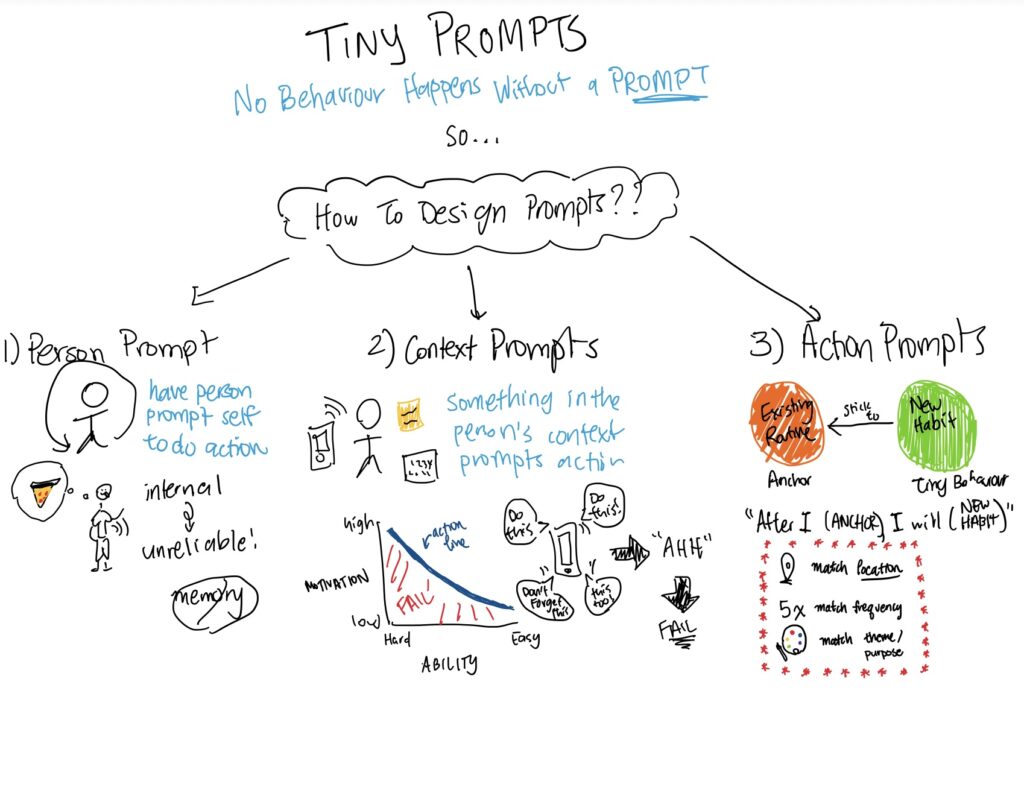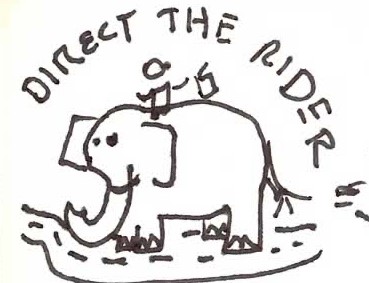How do I see the job of a product manager? Prior to joining this class, I thought product management was basically the “people’s person” who gets to do a little bit of everything, including business, tech, communication, marketing, etc— this couldn’t have been farther from the truth. Yes, while product managers do get to do a little bit of everything, my perception of what a product management role entails has completely changed after class and reading Chapter 1 of Product Management in Practice.
It’s extremely odd to me that somehow as a product manager (acording to the author), you’re responsible for your team but you simultaneously have no control over your team. That’s like saying you’re responsible for all accidents your car gets into, but you’re not allowed to steer the car in the first place. However, I do like the aspect of bringing multiple functional teams together to build a product, and having some sense of direction that you could suggest (but not command because remember you have no authority) how teams should communicate with one another and delegate work to best achieve milestones/goals for a product.
I think that being a product is truly a balancing act of trying to navigate leadership, cross functional teams, and business strategy/strategic thinking. Although you might not have much power over a team, I believe that a full “power” over your co-workers isn’t necessary if they’re properly equipped to navigate conflict and aren’t slacking off (I think if they’re slacking off they should have bigger problems about potentially losing their position). Your advocacy and voice to direct team members in a certain direction is what allows you to achieve goals as a product manager and align teams together into a product’s vision.
Additionally, I think that a good product manager has the ability to not only direct their teams and colleagues, but also professionally speak to new businesses, teams, and higher-ups such that they’re able to speak on behalf of their team’s work confidently and can strongly say that they’re achieving goals. Being able to articulate a product’s place in the market in addition to its perception to stakeholders is crucial to a product managerial role and the success of any product manager.
A question that I have for the author of the book is: “How do you resolve conflict among stakeholders and the engineers on the team? Business-minded people and product/engineering focused individuals think of the application of a product in a very different manner, so being in the middle of the two, how can you effectively mediate these demands?”



